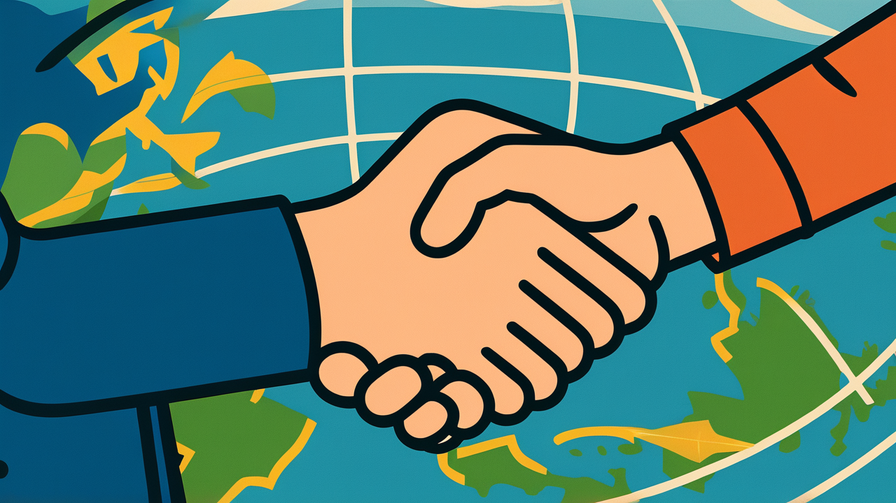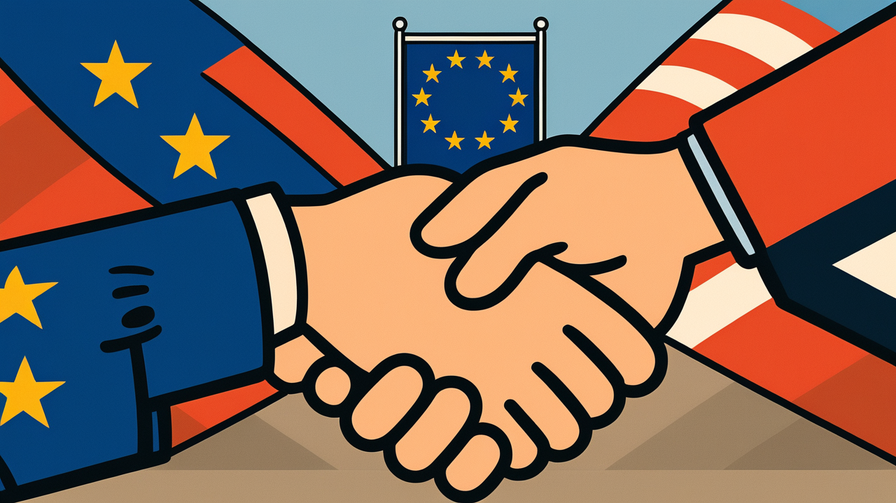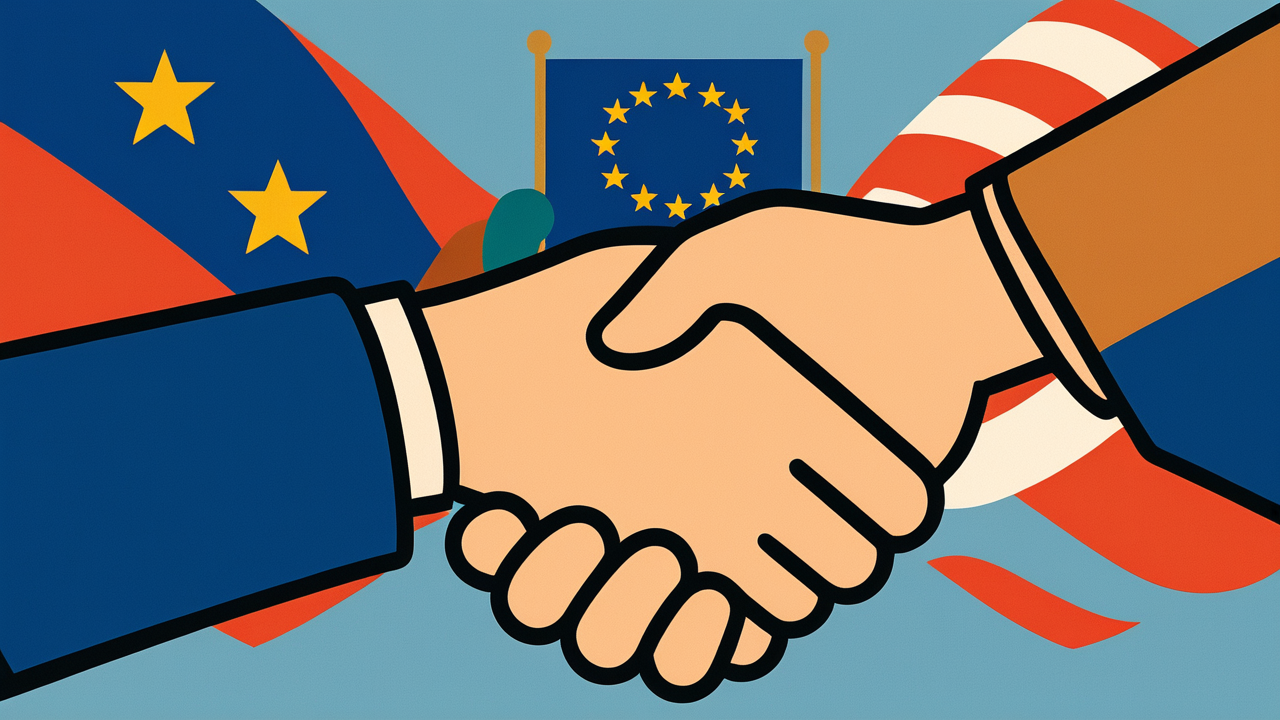[Disclaimer] This article is reconstructed based on information from external sources. Please verify the original source before referring to this content.
News Summary
The following content was published online. A translated summary is presented below. See the source for details.
European Commission President Ursula von der Leyen delivered opening remarks at the 30th EU-Japan Summit in Tokyo on July 23, 2025. She expressed pleasure at returning to Tokyo and highlighted her visit to the Osaka World Expo site. This milestone summit celebrates three decades of formal EU-Japan cooperation, marking significant evolution from early trade discussions to comprehensive partnership covering security, technology, climate action, and democratic values. The summit addresses critical issues including supply chain resilience, digital transformation, clean energy cooperation, and responses to global security challenges. Both partners emphasized their shared commitment to rules-based international order and democratic principles. The meeting takes place against the backdrop of global economic uncertainty and geopolitical tensions, making EU-Japan cooperation increasingly vital for both regions’ prosperity and security.
Source: European Commission Press Corner
Our Commentary
Background and Context

The EU-Japan Summit is like a friendship anniversary celebration – but for countries! For 30 years, the European Union and Japan have been meeting regularly to discuss how to work together on everything from selling cars to fighting climate change.
Japan and the EU might seem far apart geographically, but they share many values: democracy, free trade, and concern for the environment. Together, they represent about 25% of the global economy – that’s like one out of every four dollars in the world!
The Osaka World Expo mentioned will happen in 2025, showcasing innovations in technology, sustainability, and design. These expos are like giant science fairs where countries show off their coolest inventions and ideas for the future.
Expert Analysis
This summit matters more now than ever. With tensions between the US and China, and Russia’s actions in Ukraine, middle powers like the EU and Japan are finding their partnership crucial for maintaining global stability.
Key areas of cooperation include:
• Technology: Working together on semiconductors (computer chips), AI, and green technology
• Trade: The EU-Japan trade agreement eliminated most tariffs, making products cheaper
• Climate: Both aim for net-zero emissions by 2050
• Security: Coordinating responses to global threats without military alliance
Supply chain resilience has become critical after COVID-19 showed how dependent countries are on each other for everything from medical supplies to computer chips.
Additional Data and Fact Reinforcement
The EU-Japan relationship in numbers:
• Trade between EU and Japan worth over €150 billion annually
• The 2019 trade agreement covers 635 million people
• Japan is the EU’s 2nd biggest Asian trading partner
• Over 30,000 Japanese companies operate in Europe
• More than 3,000 EU companies have offices in Japan
For young people, this partnership creates opportunities in technology, environmental careers, and cultural exchange programs between Europe and Japan.
Related News
The summit occurs as both regions face similar challenges: aging populations, need for digital transformation, and energy security concerns. Japan’s recent agreement to increase defense spending and the EU’s push for “strategic autonomy” show both are taking more responsibility for their own security.
Both partners are also leaders in climate technology. Japan’s hydrogen technology and the EU’s renewable energy expertise could combine to accelerate global green transition. They’re already collaborating on next-generation batteries and sustainable transportation.
Summary

The 30th EU-Japan Summit represents a mature partnership between two democratic powers committed to maintaining global stability through cooperation rather than confrontation. For students interested in international relations, technology, or environmental careers, this partnership creates numerous opportunities. As medium-sized powers (compared to the US or China), the EU and Japan show how cooperation can amplify influence on global issues. Their focus on technology, trade, and climate solutions offers a model for addressing 21st-century challenges through partnership rather than rivalry.
Public Reaction
Business communities in both regions welcome continued cooperation, seeing opportunities for growth and innovation. Environmental groups praise joint climate commitments but push for faster action. Tech workers anticipate more job opportunities from collaborative projects. Some critics worry about over-dependence between regions, preferring more diverse partnerships.
Frequently Asked Questions
Q: Why do the EU and Japan need summits?
A: Regular meetings help leaders coordinate policies, solve trade disputes before they escalate, and find areas for new cooperation. It’s like regular check-ins between friends to maintain a good relationship.
Q: How does this partnership affect young people?
A: It creates opportunities for student exchanges, job opportunities in international companies, and collaborative research projects. Many tech innovations come from EU-Japan cooperation.
Q: What makes the EU-Japan partnership special?
A: Both share democratic values and face similar challenges (aging populations, need for innovation) but aren’t military allies. This creates unique space for economic and technological cooperation without security complications.


